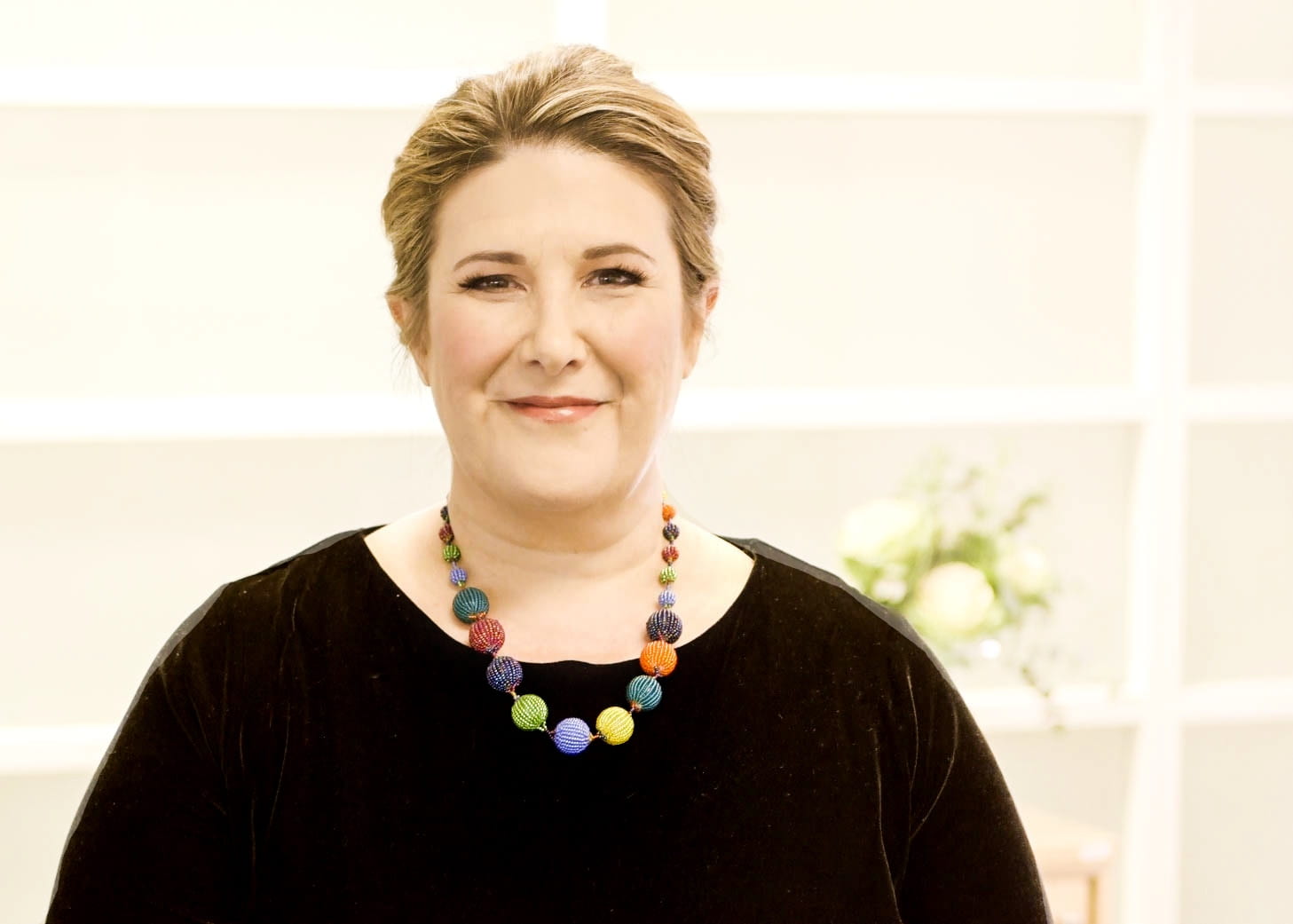Professor Caroline Cohrssen has lived and worked in many countries, arriving at UNE after three years in Hong Kong SAR. There, the COVID-19 pandemic compelled her to approach her research a little differently, due to strict social distancing rules. That setback paved the way for a different focus:
“I co-edited a book with colleagues based at the National University of Singapore, The University of Melbourne and Monash University. We looked at the resilience of academics. The focus of research on resilience is usually on students. Academics at universities keep the wheels turning, but what support is put there for them?”
“That was a real privilege,” Caroline says. “People were sharing personal stories with us about how they managed during lockdowns and the challenges associated with the pandemic.”
While she couldn’t travel and explore much in Hong Kong due to the pandemic, binge-watching South Korean soapies became a favourite downtime activity.
Reading, travelling and watching international TV programs are some activities that indulge her interest in everything “culture and context”, but this interest in the impact of culture and context on learning, and a deep belief in the importance of ensuring that every child has the best possible start, underpin her academic interest in early childhood education.
“Those first three to five years of life are absolutely critical, and they set the trajectory for learning, so getting in early is really critical,” Caroline says.
Within that field, her research explores big picture issues, like how policy and practice influence learning, as well as the fine-grained nuance of talk-in-interaction, such as how pauses and emphasis in conversation impact quality interactions.
Having lived in several countries and working with international colleagues has given Caroline a broad picture of early childhood education.
“I co-edited a book on STEM and STEAM in early childhood education with a colleague who was based in Sweden at the time. One of the things that stood out to me when we were visiting early learning centres was how some of the affordances and challenges of enacting high quality early childhood education are similar, no matter where you are in the world.”
She thinks the COVID-19 pandemic has changed the way early childhood education is viewed by many people.
“I think there is increased appreciation of the professionalism of our field and greater recognition of how critical early childhood education is. Importantly, there is significant investment coming from government.
“With COVID-19 lockdowns, I think there is perhaps more recognition than ever before from families of just how much early childhood teachers do to support their children’s learning. We have an exciting opportunity as a university to be responding to this,” she says.
“Early childhood education has fundamental implications for children as life-long learners, for families, for communities, and for society in general. Increased access to early learning for children also enables parents to participate in the workforce and contribute to the economy, so it has a massive ripple effect. It’s a very exciting field to work in.”
Having now unpacked “squillions of boxes”, Caroline is looking forward to settling into her new home and her role at UNE, spending time with family, and exploring the Armidale region.
“I am also happy to have a garden for the first time in a long time. That’s keeping me busy. It’s lovely to be closer to our children and our granddaughter, and they have already come to visit us in Armidale,” she says.
“My family went to have a look at the waterfall the other day and unfortunately, I missed out. But I’m looking forward to doing a bit of travelling and looking around the area. I’m very excited to be here.
“It’s fantastic to be leading a growing team in the Department of Diversity, Equity and Sustainability in the School of Education who are really passionate about their work. I’m also looking forward to engaging with other professionals in the field, working with the Yarm Gwanga Early Childhood Centre, strengthening connections with TAFE, and attracting more HDR students.”



Recent Comments